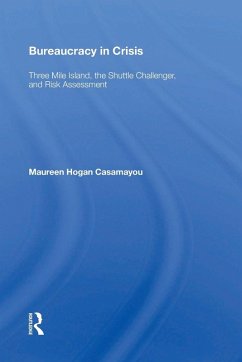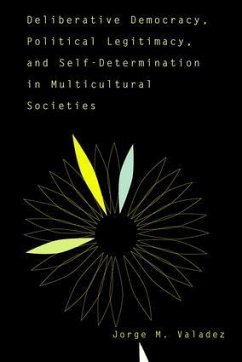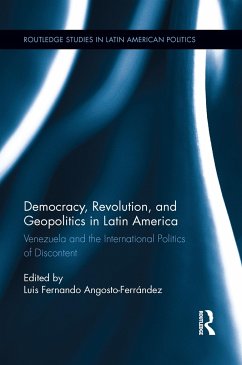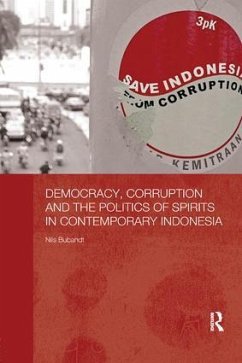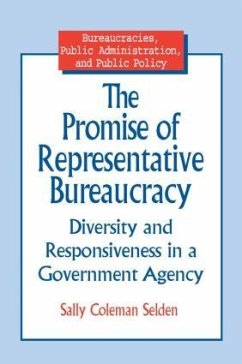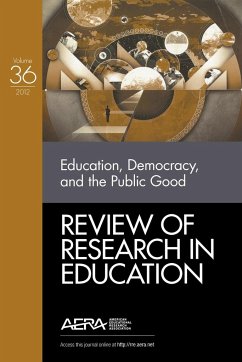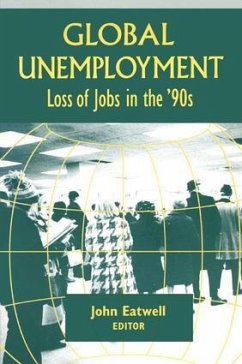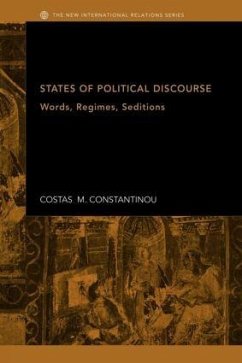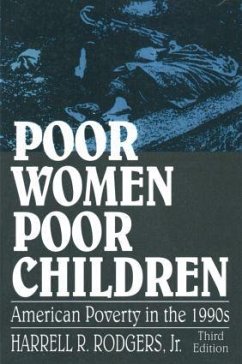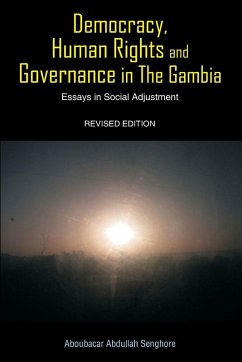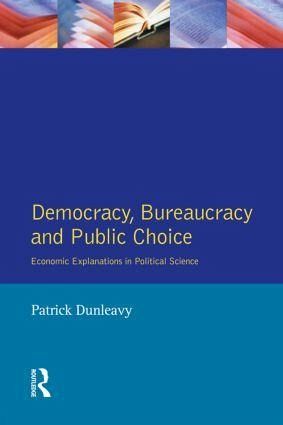
Democracy, Bureaucracy and Public Choice
Economic Approaches in Political Science
Versandkostenfrei!
Versandfertig in 1-2 Wochen
78,99 €
inkl. MwSt.
Weitere Ausgaben:

PAYBACK Punkte
39 °P sammeln!
First published in 1991. This book initially offers a critique of some key rational public choice models, to show that they were internally inconsistent and ideologically slanted. Then due to the authors' research the ideas are restructured around a particular kind of institutional public choice method, recognizing the value of instrumental models as a mode of thinking clearly about the manifold complexities of political life.





